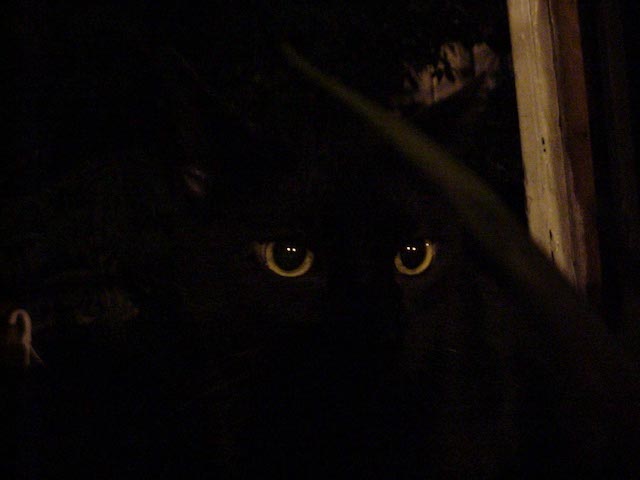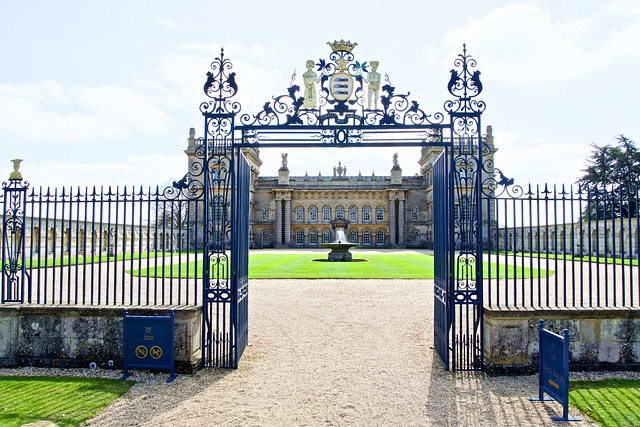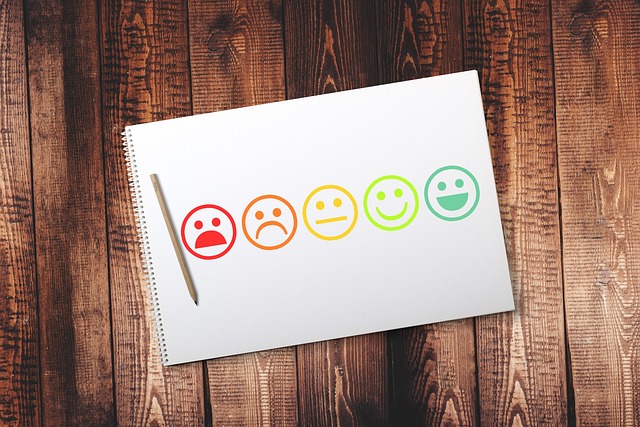Journal
Articles
Moon man
After Elizabeth Venn He circles the room five times, refusing to believe he’s resistible. I tell myself I won’t tilt for his...

Witchy women
The ’90s saw a trend of witchy, occult or otherwise supernatural women on TV. Sabrina was joined by Charmed and Buffy the Vampire Slayer, gracing our screens with characters who took control using abilities unknown to man – and men. These shows formed part of the girl (magic) power movement.

Blak humour
When I use ‘Blak’ to describe Aboriginal humour, not ‘black humour’, I’m embracing it as a distinct comedic style. This choice makes it clear that Aboriginal Australian ‘Blak humour’ is its own unique genre, in line with self-determination and ownership that First Nations artist Destiny Deacon speaks about.

Animals in wartime
Tyhra starts hiding in the cellar. Like many people and animals in these frontline regions, her days are defined by the sounds of war. She may not understand what’s happening or why, but she feels that life now is about trying to stay safe.

My matrescence
Women have looked to their mothers and grandmothers for eternity as they’ve learnt how to mother. However, the ear-piercing noise of today’s digital world has interfered with the passing down of our family’s ways of mothering.

Queer in tooth and claw
The colourful clownfish is a sequential hermaphrodite – while clownfish are all born male, they carry male and female sex organs, and the change from male to female is essential to the species’ strict social hierarchy. The female is at the top of this hierarchy and is the largest fish in a group. The largest male in the group accompanies her; together they make the breeding pair.

Six words
On the first day I arrived at the inquest, my friend Charandev Singh said to me that coronial inquests exist to alibi state actors for the deaths they’ve caused, the lives the state has previously taken, and to protect the state for all the future lives it will steal. Every single one of these agents of the state is complicit in these alibis, too.

Joker in the pack
Status itself is a little like a riddle: a code to be cracked, a hand in which you can’t see all the cards. Unless you’re Batman, however, the stakes for solving riddles tend to be comfortingly low, whereas the pressures of deciphering status can occupy a far more consequential role in our lives (it’s all fun and games until somebody loses their cultural capital).

Into the void
The singular achievement of mass politics was allowing otherwise powerless individuals a greater say in how society was ruled. It gave ordinary people the kind of status that hitherto they could hardly imagine. Its withering away, therefore, has allowed those in society whose status has always been higher to assert their interests more fully. Business and the wealthy are no longer forced to make big compromises to accommodate the interests of those below them in the social pecking order. For example, trade and financial liberalisation policies have permitted many companies to shift production, and even some services, offshore to capitalise on lower labour costs, weakening unions’ bargaining power considerably. Many lower paid workers have been pushed into insecure, low-paid jobs with poor conditions, a transformation justified by political and economic elites as contributing to greater economic ‘efficiency’ and labour market ‘flexibility’. Owners thus pocket a greater share of the economic pie, while workers’ incomes often stagnate or even decline in real terms, causing wealth inequality to rise steeply...

Class acts
Under capitalism, perhaps the most conventional mode of asserting status is through the performance of wealth. In the early twentieth century, German sociologist Max Weber identified that Northern European societies had conflated an individual’s personal worth with their financial value. This represented the amalgam of two distinct theories: one moral, the other economic. The first was the Protestant idealisation of the work ethic – the idea that to work hard was to exhibit virtue. The second was what historian Eli Cook, author of The Pricing of Progress: Economic Indicators and the Capitalization of American Life, calls ‘the lessons of mainstream neoclassical economics, which suggested, through [the economist] John Bates Clark’s theory of marginal productivity, that everyone earns what they in fact produced’.

Dying of exposure
Publishing is a weird industry, a retail supply service where every day hundreds – thousands – of brand-new, untested products are launched, each one a little bit different to the last. The long-haul career trajectory of most writers is increasingly difficult to maintain with incomes nosediving, as evidenced by multiple surveys. The road is cluttered with novelists brought down by ‘bad track’, their new books rejected because of the poor sales of previous titles. But as readers we still need help to discover good books, to figure out what to read next. As book pages, magazines and newspapers shrink or disappear altogether, it’s no longer clear what impact book reviewers can have on a career. The endorsement of someone whose work – critical or otherwise – you admire remains important to many writers.

The Gordon cult
From a modern perspective Gordon makes an odd choice for a national poet, since he wrote only rarely about the country that embraced him. He set many of his popular verses in England and studded the others with the classical references familiar to an English gentleman. Yet before the passage of the 1931 Statute of Westminster – or, more exactly, until similar laws passed through the Australian Parliament in 1942 – Britain retained the legal right to determine foreign relations for the Australian Commonwealth. Accordingly, prior, during and for some time after the Great War, respectable Australian nationalism generally manifested as Empire patriotism.